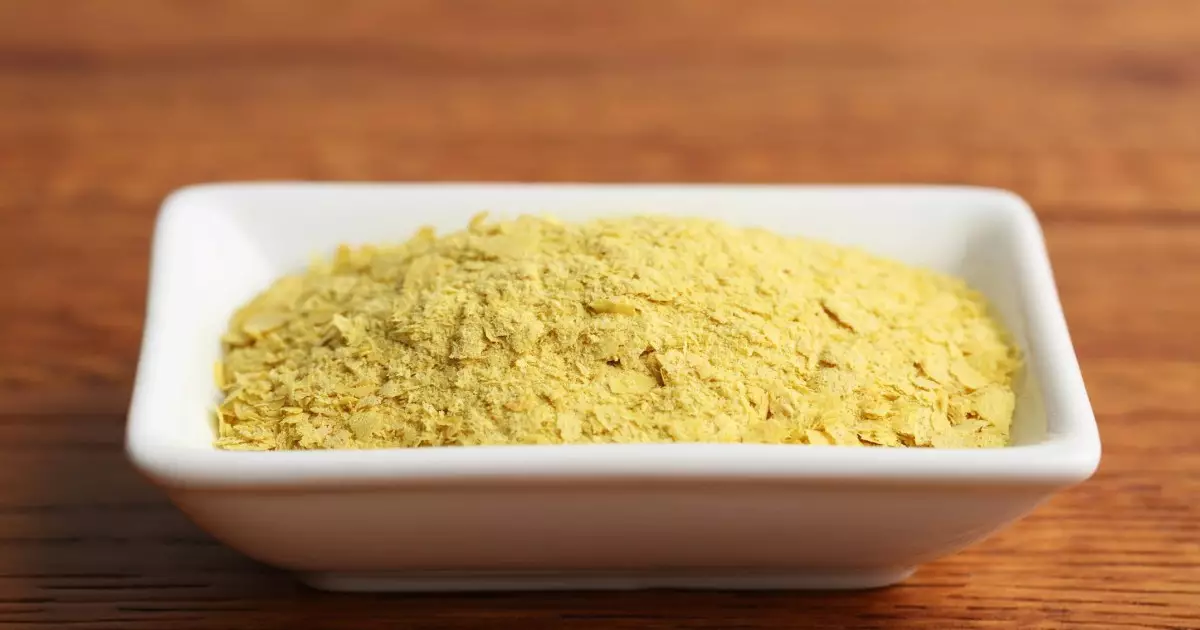Nutritional yeast has surged in popularity among health enthusiasts, and it’s easy to see why. This deactivated yeast, rich in vitamins and minerals, offers a plethora of benefits, not just for humans but for our canine companions as well. Unlike baker’s yeast, which can be harmful to dogs if ingested, nutritional yeast serves as a safe and nutritious supplement that can enhance a dog’s diet. For pet owners curious about incorporating new ingredients into their pets’ meals, nutritional yeast stands out as a particularly beneficial addition.
The Power of B Vitamins
One of the most compelling reasons to consider nutritional yeast for dogs is its striking concentration of B vitamins. Each of these vitamins plays a crucial role in maintaining your dog’s overall health. For instance, vitamin B1 (thiamine) is important for energy metabolism and can alleviate certain metabolic issues. Meanwhile, B9 (folate) is essential for cognitive functioning and often supports mental agility, proving especially useful for senior dogs who may be experiencing cognitive decline. Furthermore, B2 (riboflavin) contributes significantly to the immune system, fortifying your dog’s body against infections. By adding nutritional yeast to their diet, pet owners can potentially bolster their furry friends’ health with these essential nutrients.
A Complete Source of Protein
In addition to its vitamin-rich profile, nutritional yeast is recognized as a complete protein source. This means it contains all nine essential amino acids necessary for optimal health. For dogs, amino acids are vital for muscle development, tissue repair, and overall growth. Incorporating nutritional yeast into meals can be especially advantageous for active breeds or those requiring extra protein. By providing a natural protein boost, pet owners can support their dogs’ energy levels and physical capabilities.
Flavor Enhancement for Picky Eaters
Another notable benefit of nutritional yeast is its potential to improve the palatability of dog food. Many dogs can be rather particular about their meals, which can make feeding time a challenge for their owners. Nutritional yeast contains glutamic acid, which adds a savory flavor that dogs often find appealing. Therefore, sprinkling a bit of this supplement on top of their regular dog food can encourage even the fussiest eaters to enjoy their meals with newfound enthusiasm.
Consultation and Recommendations
Before introducing any new food item like nutritional yeast into your dog’s diet, it is imperative to consult with a veterinarian. Each dog’s dietary needs differ based on their age, weight, and overall health condition. Starting with a small quantity, generally around half a teaspoon, is a prudent approach. Observing how your dog responds to this dietary addition is essential; this variability ensures that the supplement complements your dog’s unique nutritional requirements.
Selecting the Right Product
Not all nutritional yeast products are created equal. When shopping for this supplement, it’s wise to choose brands that your veterinarian recommends. Some may contain additional ingredients that could be harmful or unnecessary for your pet. By staying informed and selective about the products you offer, you ensure that your dog receives the most effective health benefits without any unwanted additives.
Incorporating nutritional yeast into your dog’s diet is not only a straightforward process but also one that holds the potential to significantly impact their health and well-being. As pet owners, exploring these beneficial supplements expands our toolkit for nurturing our canine companions.

